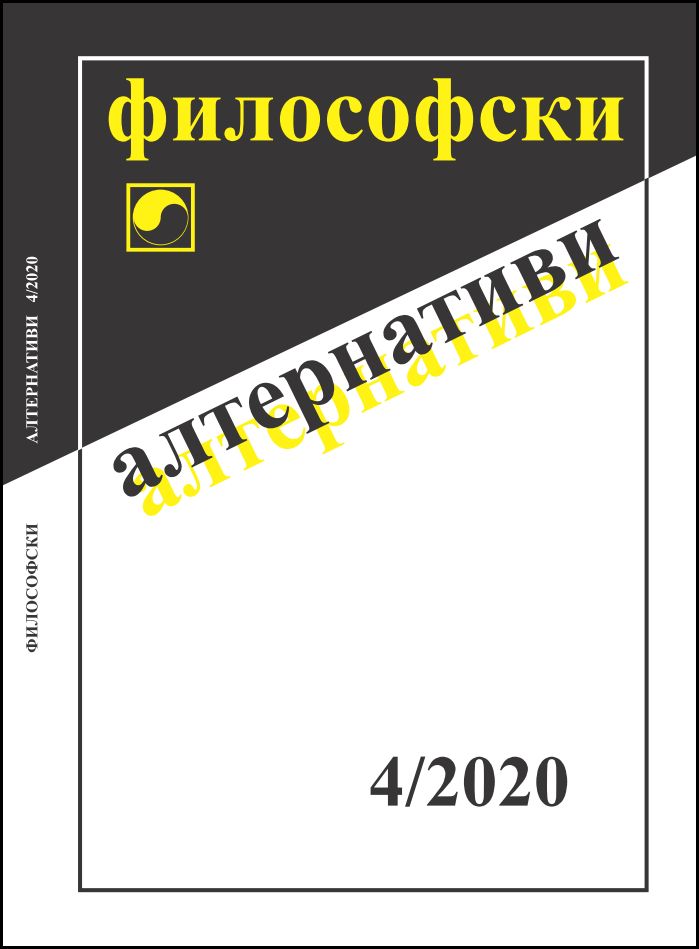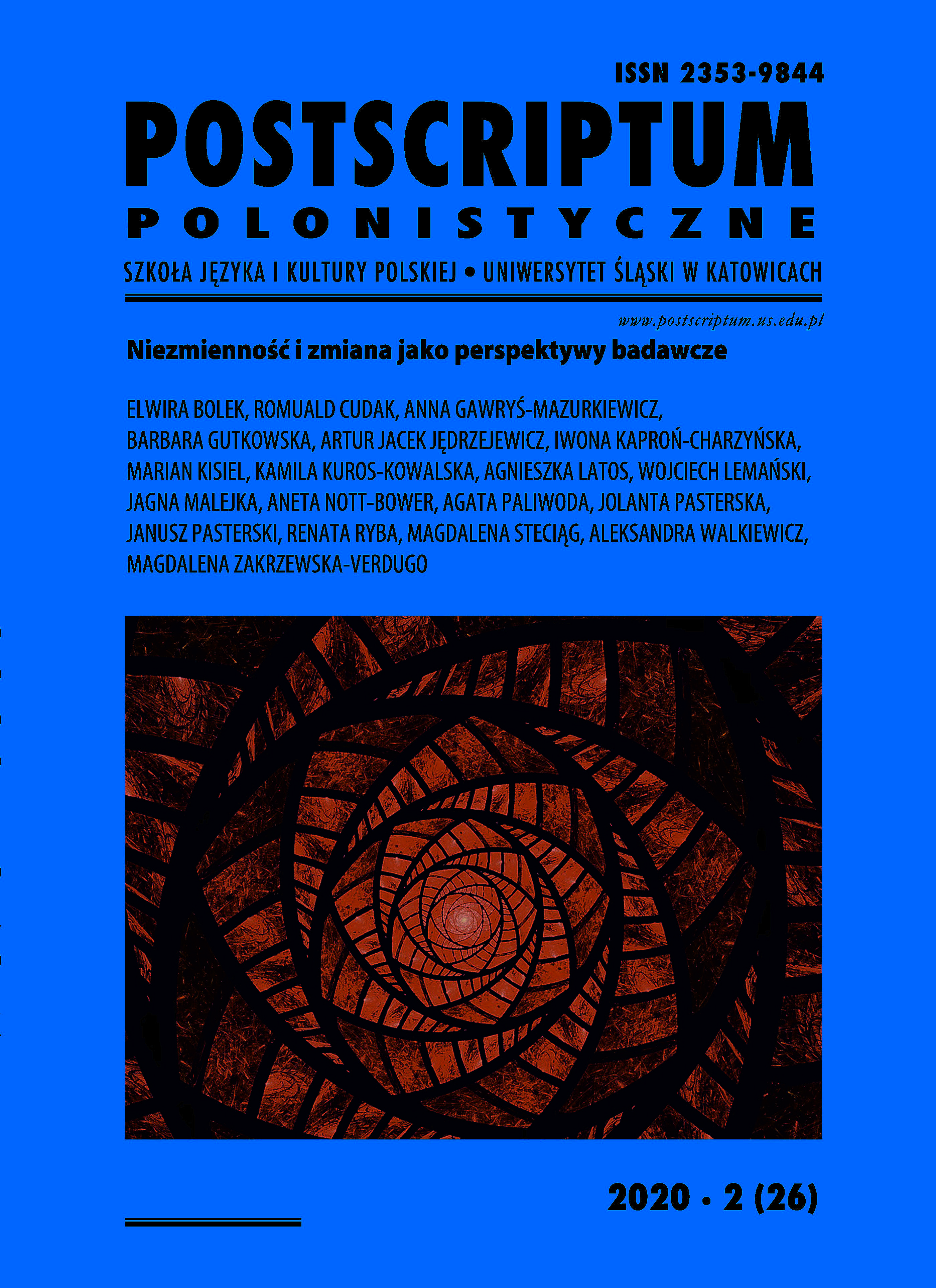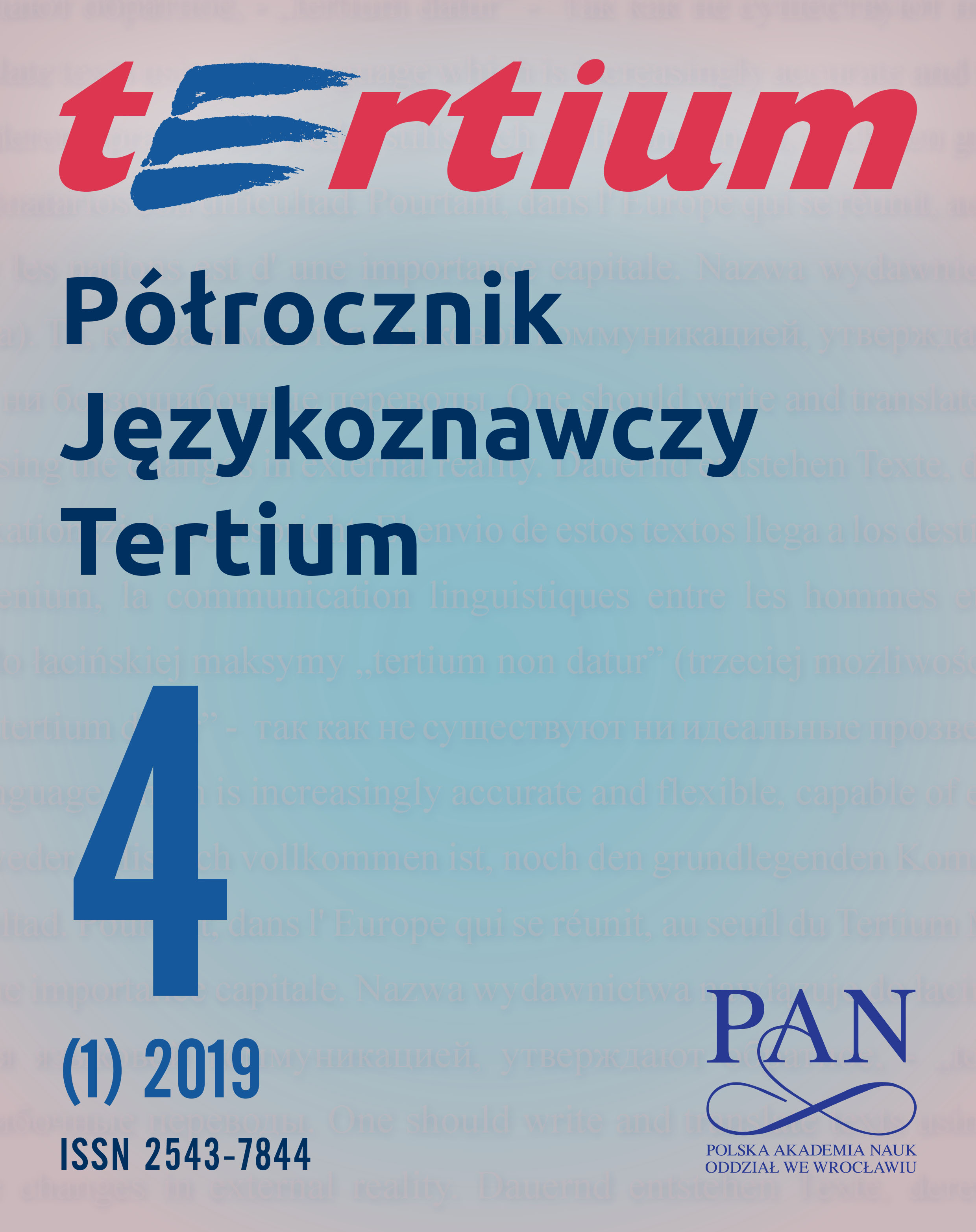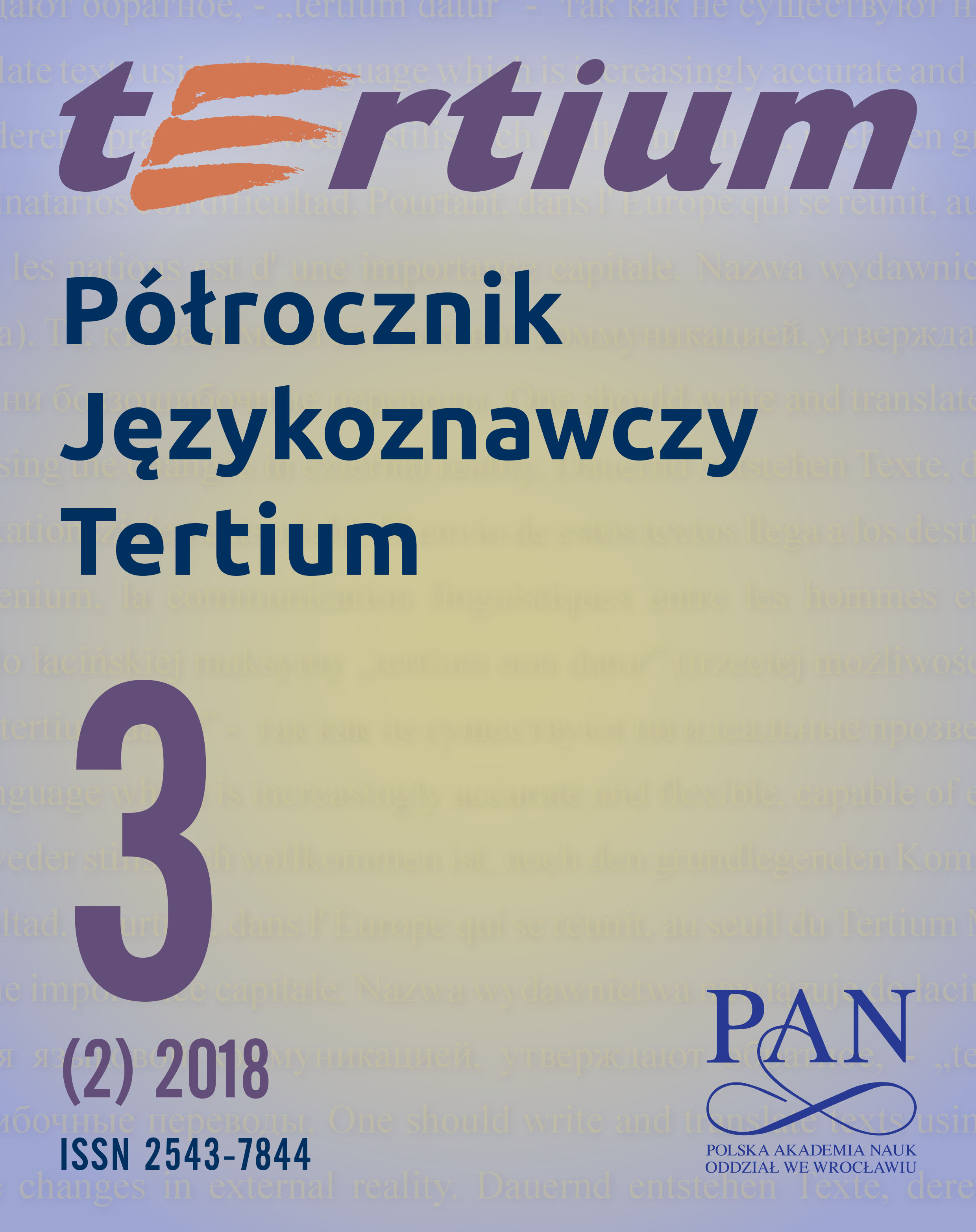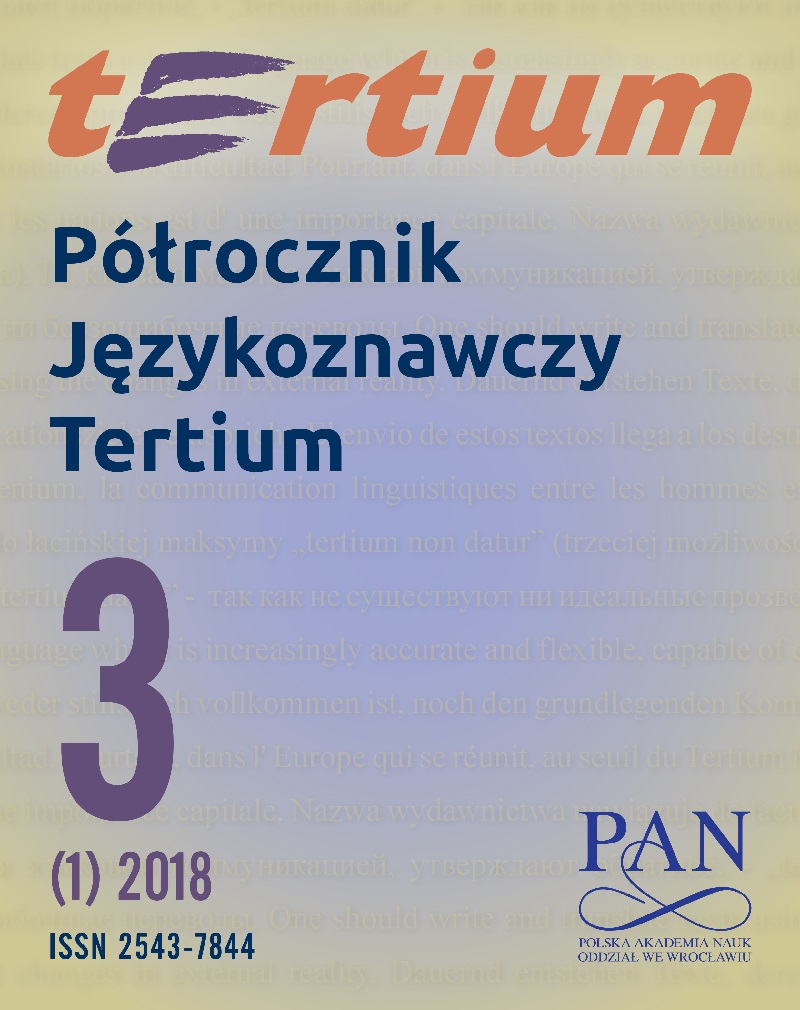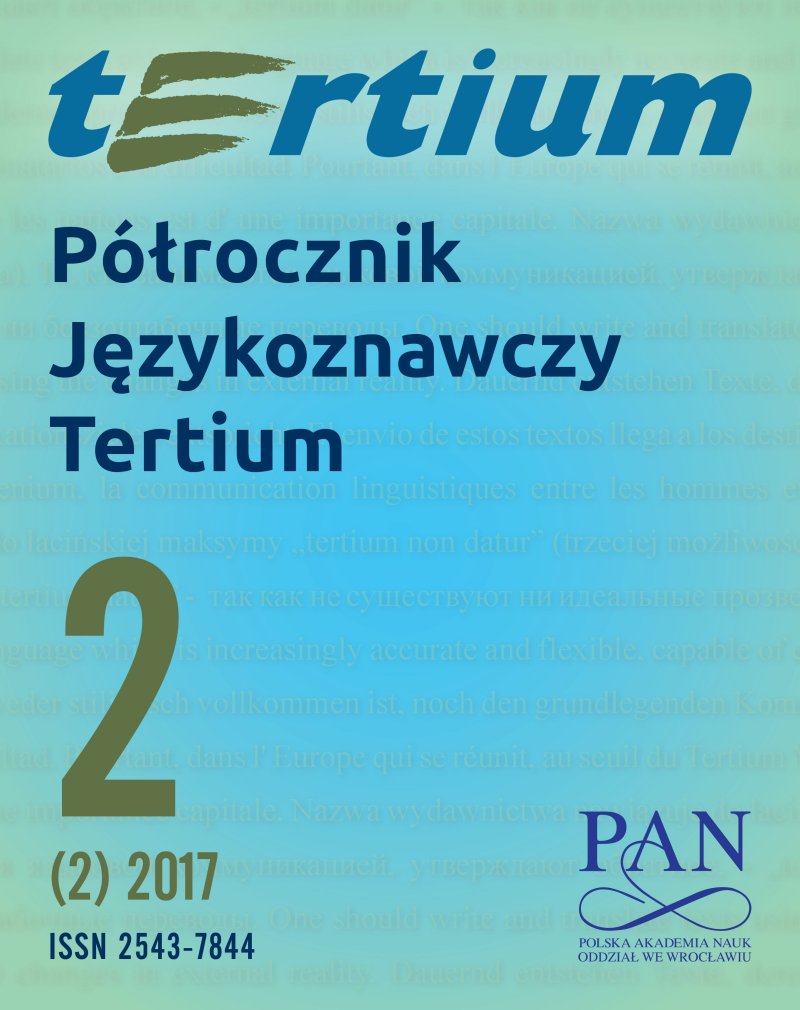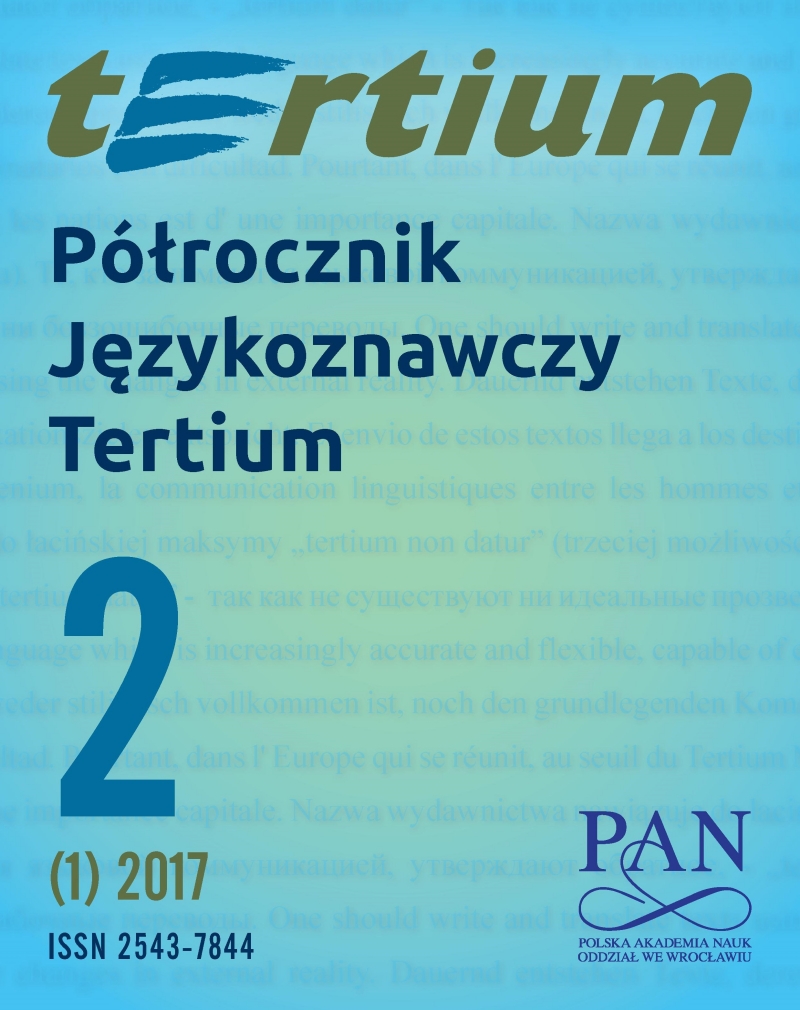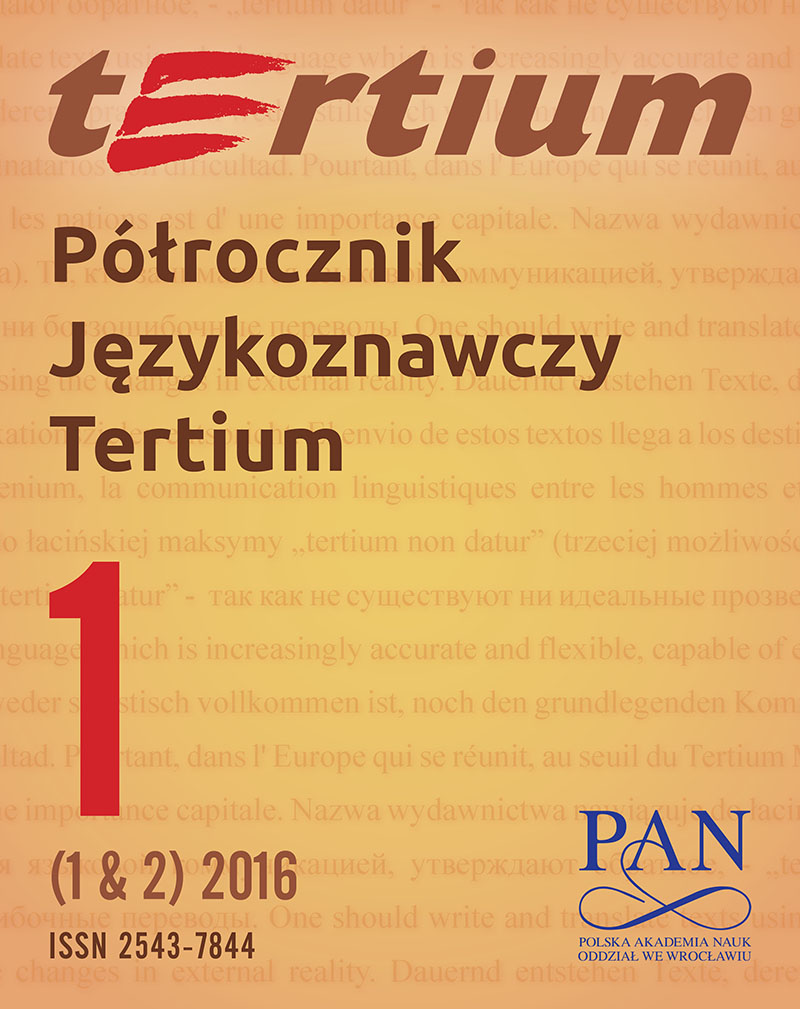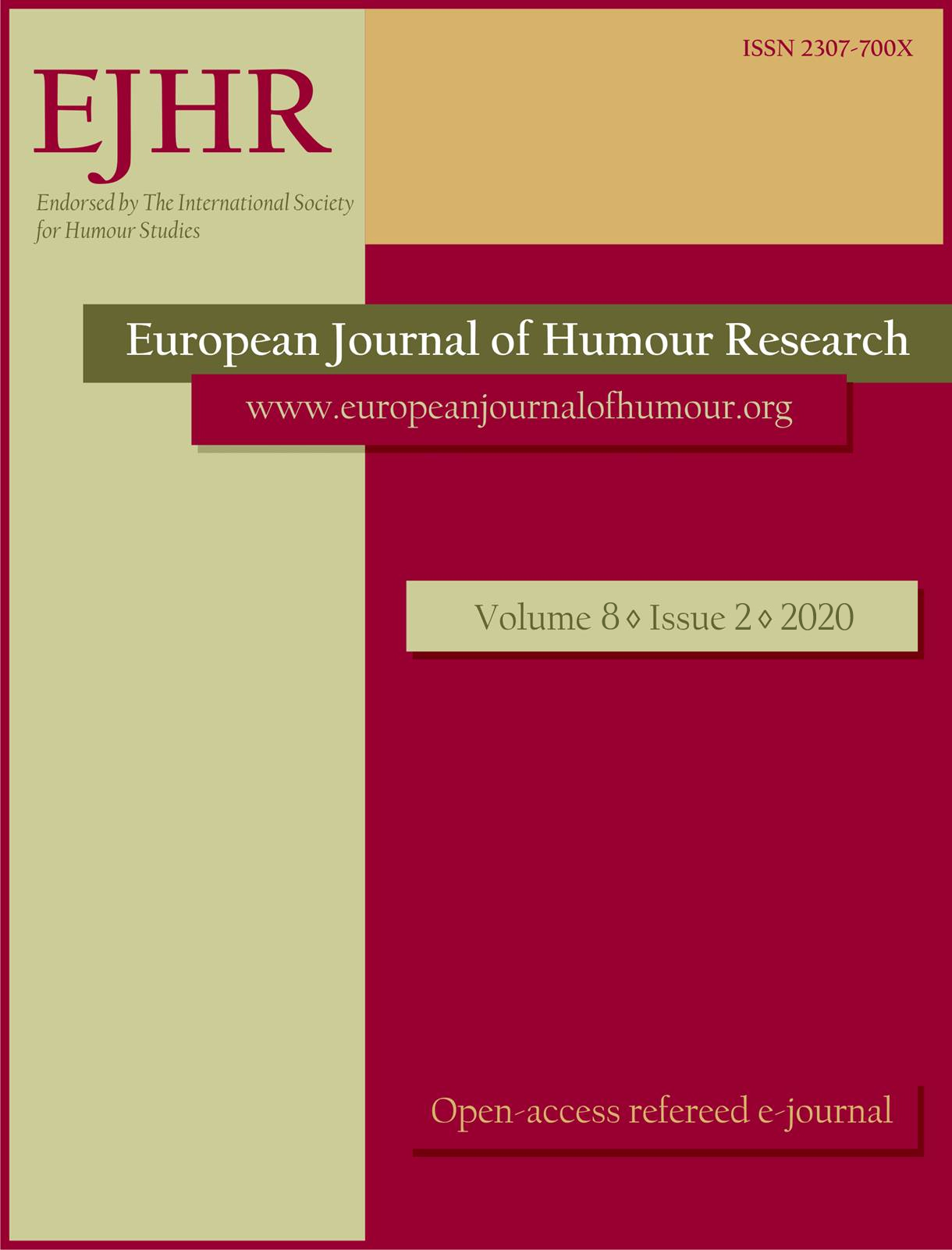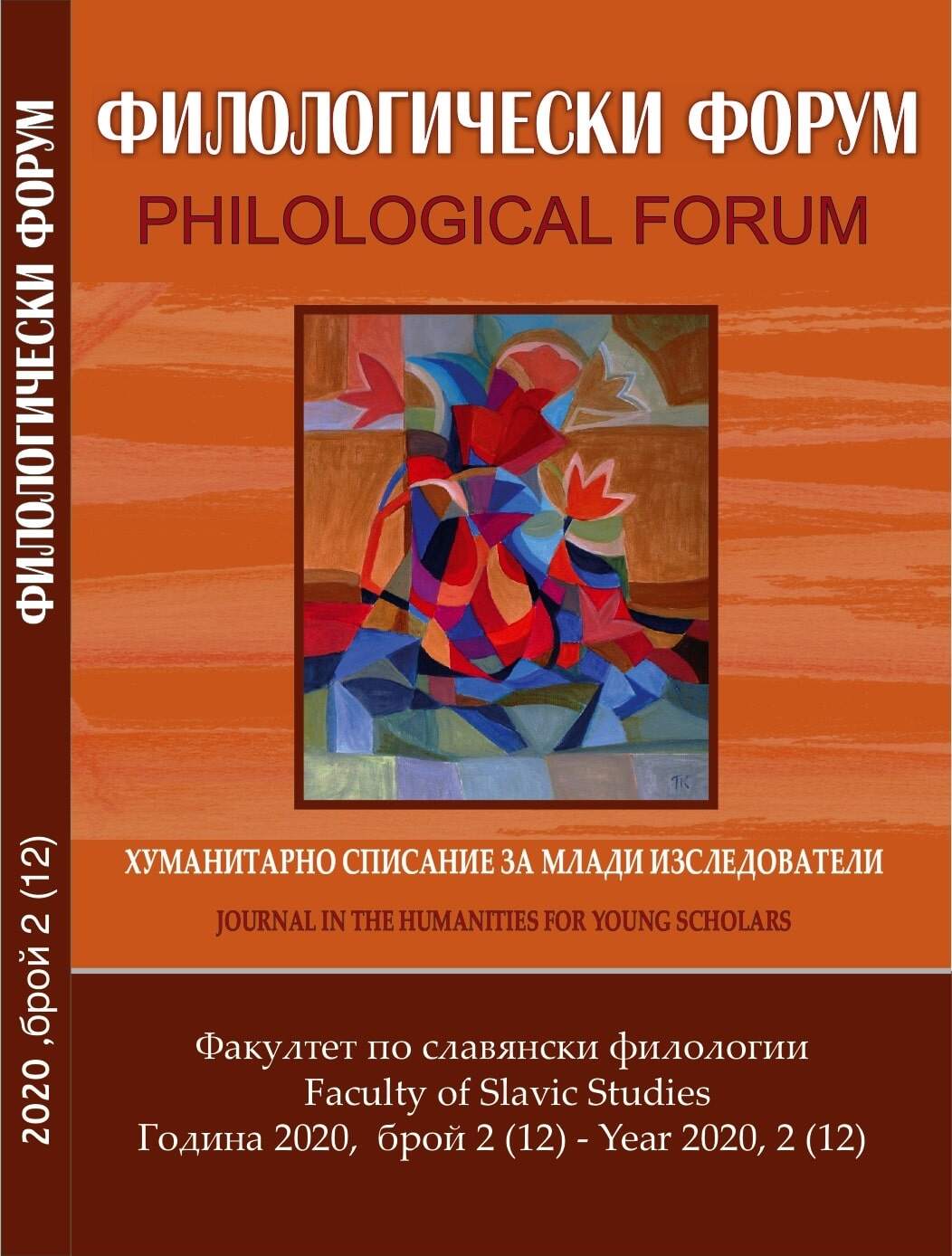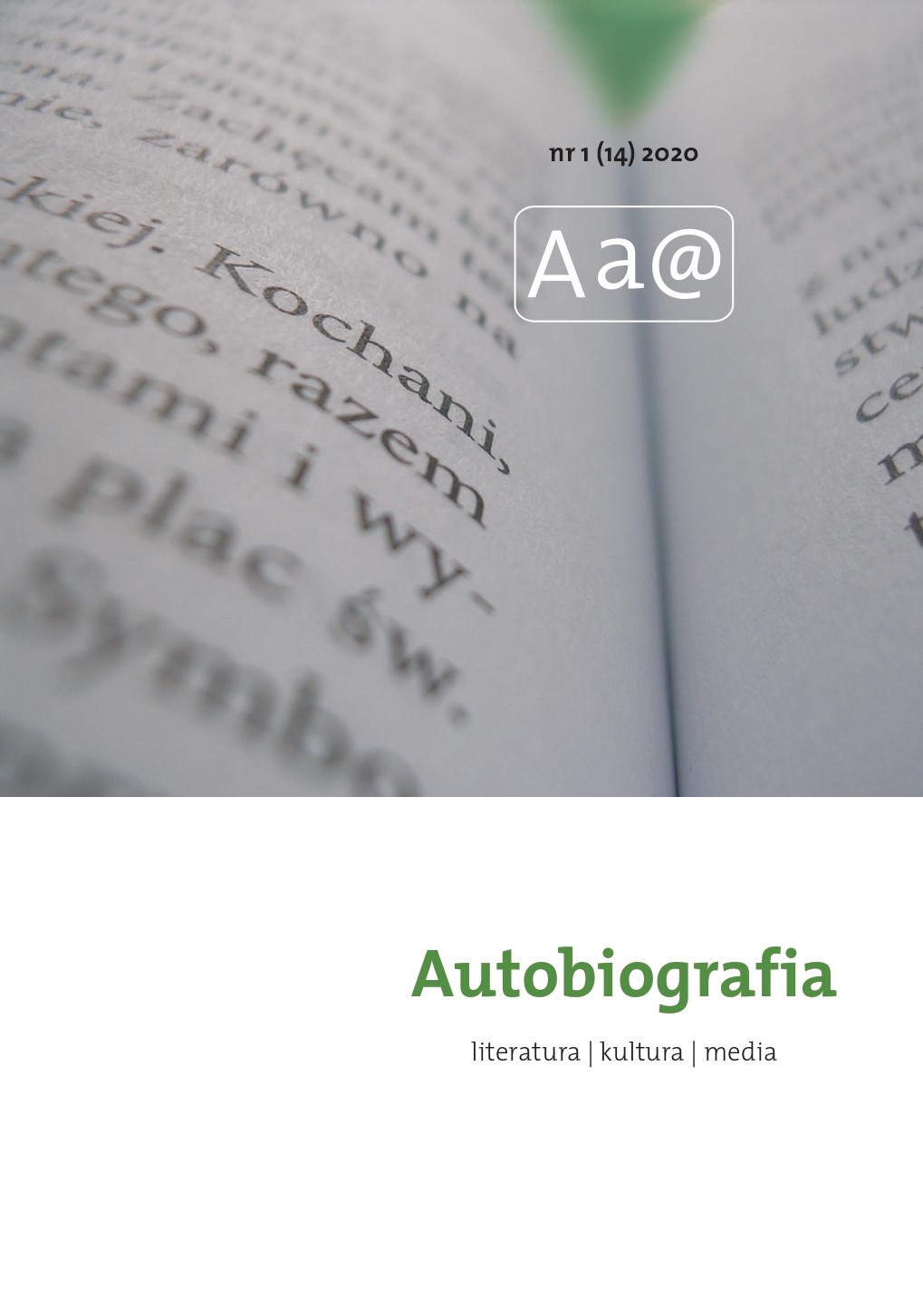Author(s): Elżbieta Chrzanowska-Kluczewska / Language(s): Polish
Issue: 1&2/2016
Konsiliencja (termin wywodzący się z logiki indukcyjnej a „zmodernizowany” w latach 1990-tych przez E. O. Wilsona, twórcę socjobiologii) odnosi się do odwiecznego marzenialudzkości o unifikacji wiedzy z wszelkich dziedzin – od nauk ścisłych, poprzez naukispołeczno-ekonomiczne, aż do humanistyki a nawet sztuk wizualnych. Jest to poszukiwaniewspólnego systemu dla całokształtu wiedzy ludzkiej, oparte na wierze w jedność natury iuporządkowanie świata. We współczesnej nauce znalazło odzwierciedlenie w Ogólnej TeoriiSystemów, naukach hybrydycznych i studiach interdyscyplinarnych. Autorka dowodzi, żemetodologiczne poszukiwania współczesnego językoznawstwa, które zajmuje miejscecentralne w stosunku do wielu nauk, mogą wskazać nam drogę ku konsiliencji poprzezposzukiwanie kategorii o wielkiej ogólności (konieczność kontra przypadkowość, modelmatematyczny kontra model niematematyczny, struktura gry, itp.). Ostatecznie konsiliencjajest pytaniem o możliwość wypracowania wspólnego języka i wspólnej problematyki dlanaukowców w obliczu postępującej wąskiej specjalizacji i szczegółowości w badaniach. // Consilience (the term originating in inductive logic and “modernized” in the 1990s by E. O.Wilson, the creator of sociobiology) refers to the age-long dream of humanity that one day all branches of learning will see their unification – from the sciences, through social and economic studies, to humanities and even visual arts. Thus, consilience is a search for a common system that would underlie the totality of human knowledge, rooted in the belief in the unity of nature and orderliness of our universe. It has found its reflection in the General Systems Theory, hybrid disciplines and interdisciplinary studies. The author argues that the methodological quests of modern linguistics, which occupies a central position in relation to several disciplines, can direct us towards reaching consilience by focusing on categories and concepts of great generality (necessity vs. contingency, mathematical vs. non-mathematical modelling, the structure of game, etc.). Ultimately, consilience raises a question as to the feasibility of working out a common language and a common set of problems for all scholars and scientists despite the progressing narrowness of specialization and minuteness of research.
More...
